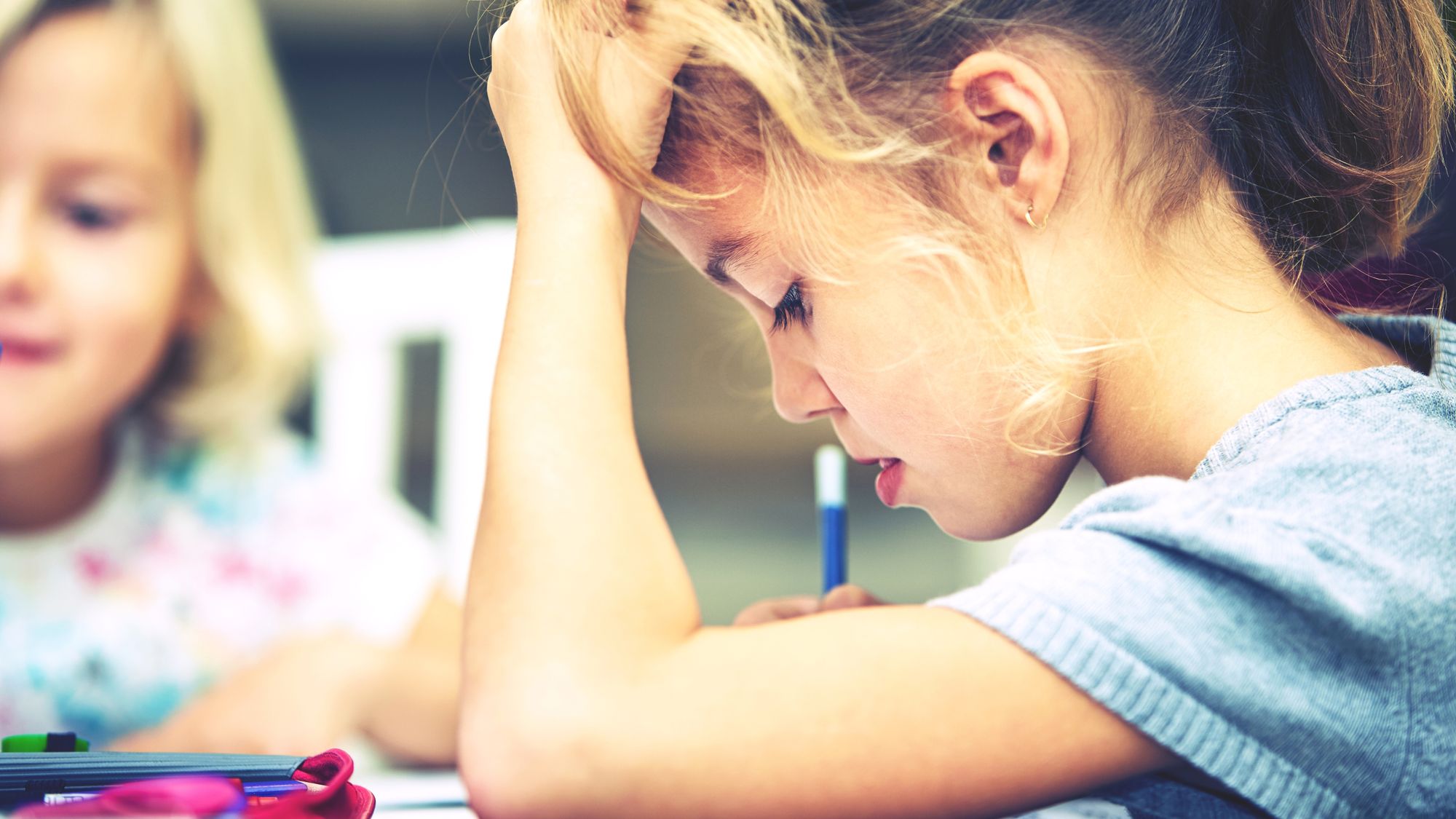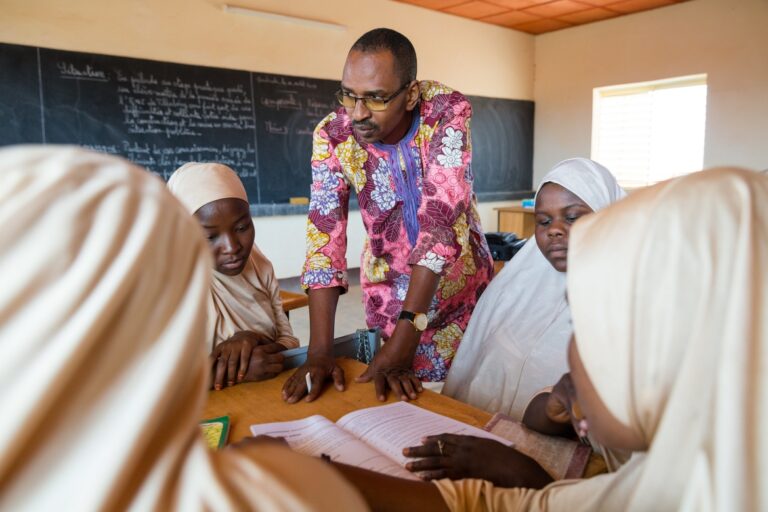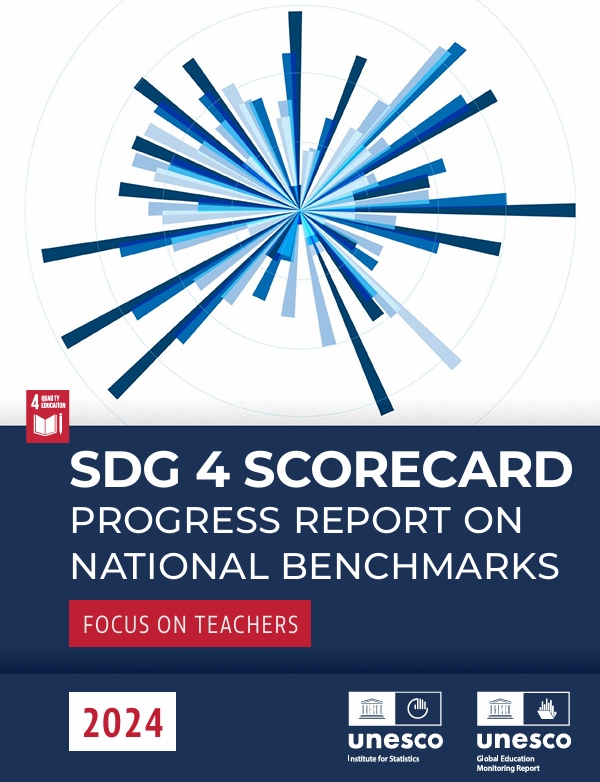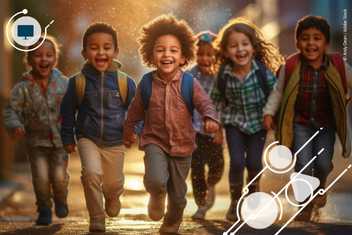Guessing is useful for students’ ability to recall information—even when the guesses are wrong.
Despite its popularity, memorizing information is one of the least effective learning strategies. While it may seem efficient, students are more likely to forget memorized material if they don’t reinforce their learning with other strategies, and a new study looks at how incorporating guesswork into a lesson can significantly boost students’ ability to recall information.
In the study, researchers asked 32 young adults to recall pairs of words under two conditions: rote memorization and trial and error. In the rote memorization condition, they simply memorized and recalled the words they were shown. In the trial-and-error condition, they were shown the first word and had to guess what the second word could be. Researchers then provided feedback on whether the answer was a “near miss”—close to the correct answer—or “out in left field…
CONTINUE READING AT AUTHORS WEBSITE >>






